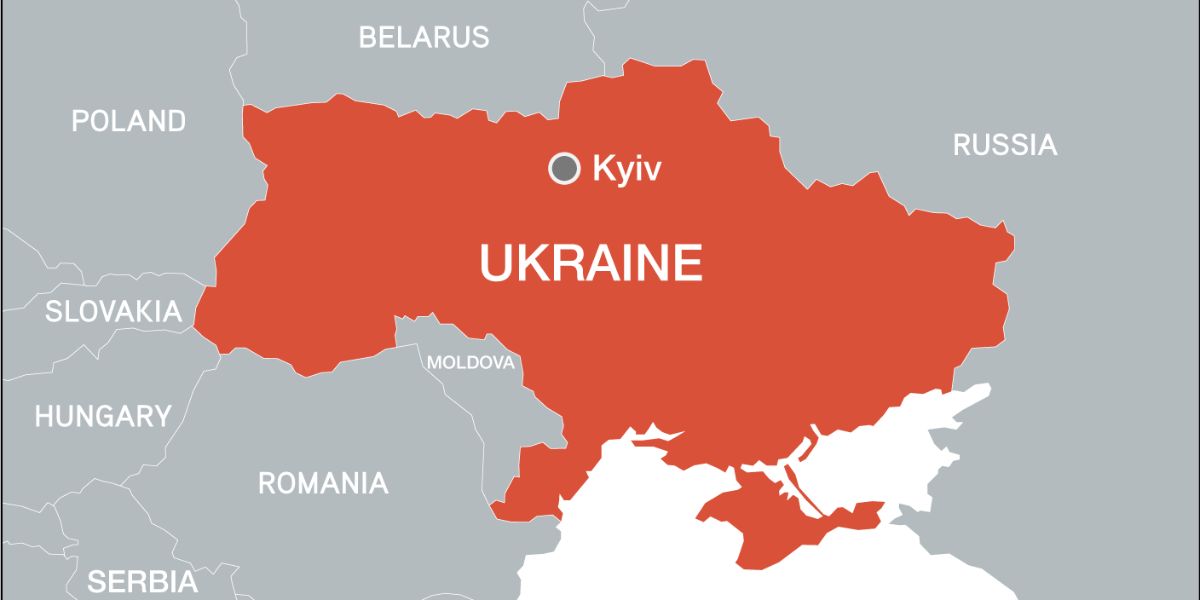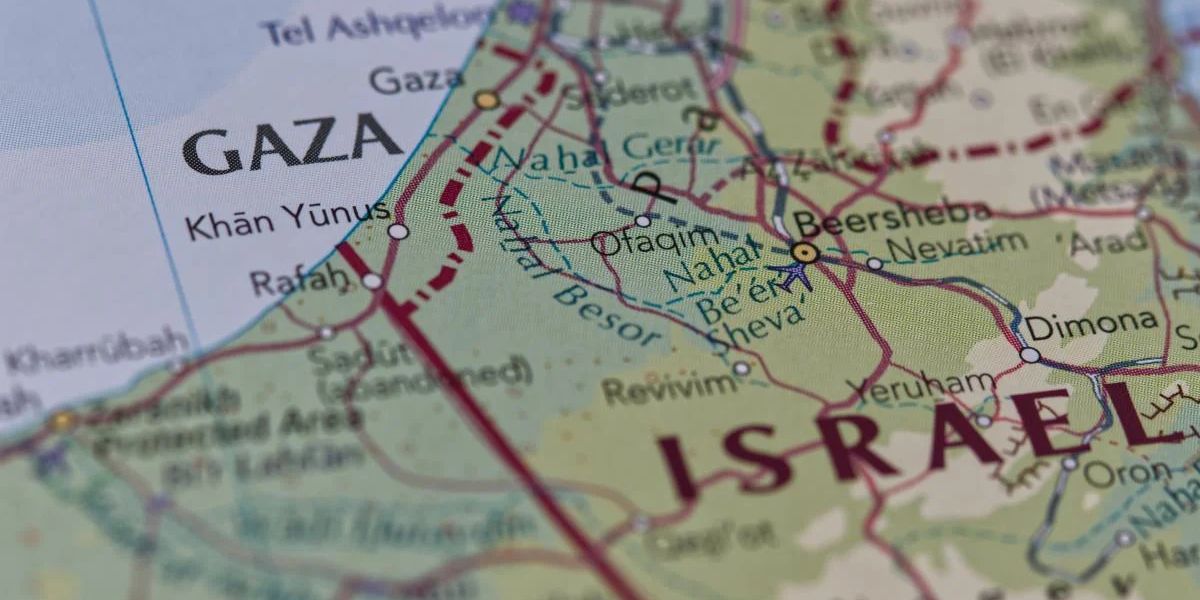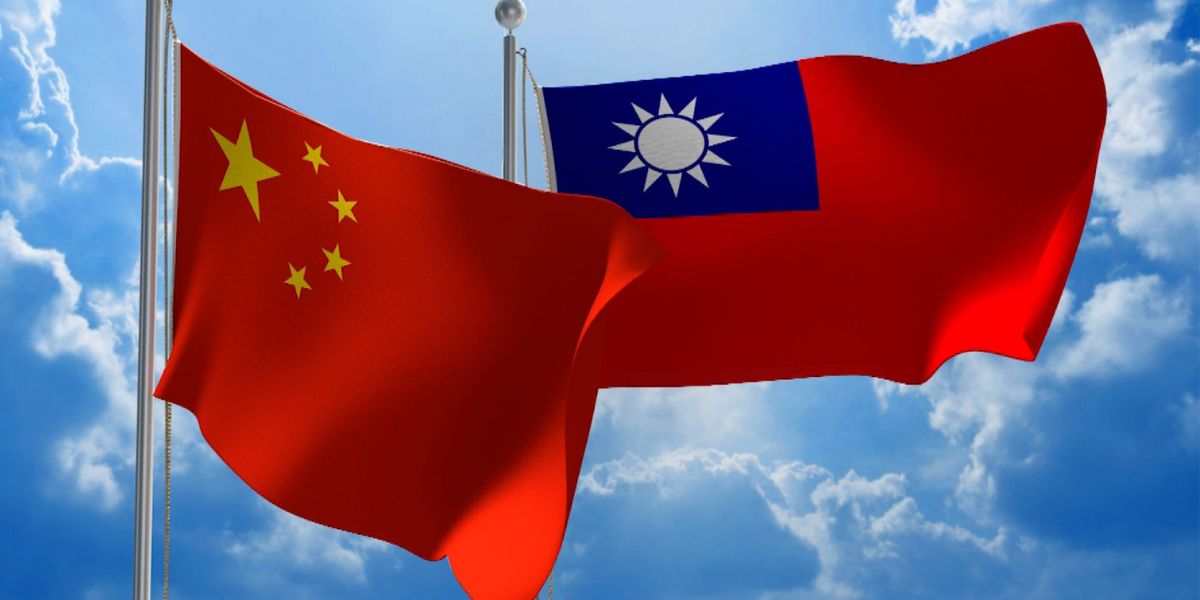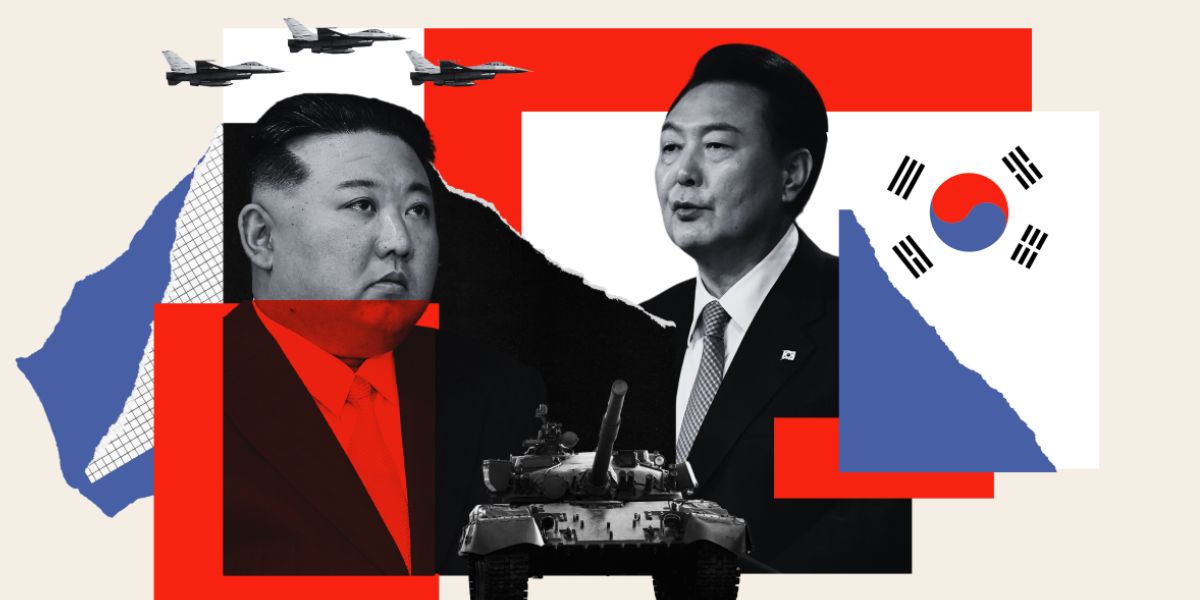Currently, the world is facing a lot of tension because of unresolved conflicts in some of the world’s most critical regions. We haven’t seen such a dangerous global environment in decades. To avoid any bigger conflicts in 2025, we will require smart and responsible leadership. The question is, do we have the kind of leadership needed to handle such a risky situation and keep the world safe?
Although no one wants another world war, the current global tensions suggest that we are already on the edge of World War III. The Russia and Ukraine war is one of the biggest wars since World War II that has had major global consequences and impacted regions where powerful nations like Russia, the United States, China and the European Union are involved. These conflicts are all connected, just like the battles in different parts of the world during WWII. What happens in one region can create ripple effects that influence the balance of power and tensions in other regions, affecting the entire international system.
Russia–Ukraine
It has been almost three years since Russia invaded Ukraine, and we still can’t see any end to this conflict. Although Russia intensified its attack and gained some Ukrainian territory, it has not yet posed a significant threat to the integrity of the Ukrainian state.
Ukraine used the approval from the Biden administration and support from European allies and launched long-range strikes deep into Russian territory. In return, Russia fired its first conventional MIRV-equipped missile attack against Ukraine.
Tensions between Russia and Western countries including US and the European Union are extremely high. Also, Russia’s economy is deteriorating rapidly, which could Moscow into continuing costly and risky military operations. This war, which is already one of the worst in recent decades, may still escalate and could pull other countries into the conflict.
Israel–Hamas
The Middle East has been highly unstable because of the violent attacks of October 7, 2023. These attacks led to an intense war between Israel and Hamas in Gaza, followed by an intense fight between Israel and Hezbollah in Lebanon. At the same time, Iran attacked Israel, and the Houthi group in western Yemen targeted an anti-shipping campaign into the Red Sea, which escalated further tensions. Some parts of conflicts seem to be calming down, like the ceasefire between Israel and Hezbollah, and IDF has reportedly exhausted targets in Gaza.
However, the chances of escalation between Iran and Israel remain extremely high. Over the course of conflicts, Iran’s ties with Russia have improved drastically, as Tehran provided Moscow with drones and missiles, and in exchange, Moscow provided them with advanced military technology. There is also the possibility that Iran might decide to focus entirely on its nuclear program if it feels that it cannot defeat or stop Israeli attacks. However, this could lead to more strikes from Israel with possible support from the US and Gulf countries, making the situation worse.
China–Taiwan
They say there is always calm before a storm, and this saying fits the current situation over the Taiwan Straits, where the calm is actually unsettling. While the Russia and Ukraine war is intense and visible, the ongoing tensions around Taiwan are quiet yet dangerous! The political conflict between China and Taiwan is profoundly rooted and seems impossible to resolve peacefully. It seems like both of them are preparing for the war. China is rapidly expanding its navy and amphibious assault capabilities, while Taiwan and the US are focusing on developing strategies and defeat systems to make it difficult for the People’s Liberation Army to gain a foothold on its shores. Despite these tensions, commerce continues without interruption across the Straits.
Although it is unlikely that China will attack Taiwan in 2025, China can change its mind if anything unexpected happens in other parts of the world or if President Trump takes action that worsens its relationship with the US.
If war happens in Taiwan by chance, the US and Japan might get involved, which could raise the risk of nuclear weapons being used in the conflict, making the situation worse or dangerous.
North Korea–South Korea
Due to Pyongyang’s decision to get directly involved in the Russia-Ukraine war, the already tense situation on the Korean Peninsula has become even more tense. North Korea’s involvement in the war appears to be a strategic move to strengthen its relationship with Moscow, offering the Democratic People’s Republic of Korea (DPRK) the crucial support it has been looking for since the collapse of the Soviet Union.
Although the effect of Russian support for North Korea is unclear, it is expected to strengthen the DPRK’s energy situation and make it easier for Pyongyang to get advanced military technology, which could also encourage North Korea to take more risks in dealing with the Republic of Korea (ROK).
On the other hand, South Korea is considering strengthening its ties with Ukraine due to the involvement of North Korean troops. At the same time, domestic politics in South Korea have been shaken by an apparent attempted autogolpe, where President Yoon Suk Yeol used the North Korean threat as a reason to impose martial law. The outcome of these actions is impossible to predict, but they could affect the stability on the Peninsula and probably increase tensions in the region.
Syria
Despite the ongoing attacks from Israeli jets and missiles targeting Iranian facilities within Syria, Syrian President Bashar al-Assad chose to stay out of the wars of October 7. His reluctance may be due to the concerns over the stability of his regime. These concerns were highlighted when the city of Aleppo, a major city in Syria, fell to a coalition of rebel groups, last week. This has forced the Syrian Arab Army and its allies from Russia and Iran to defend against advancing rebel forces. The rebels themselves are a mix of various groups, each with its own supporters and goals.
During its peak in the 2010s, the Syrian Civil War involved many countries in the region, including Russia, the US, Iran, Israel, Turkey and Jordan. These countries got involved because of their strategic interests, supporting different groups in the conflict. If the Assad government were to collapse, either due to internal or external forces, it could cause even more instability in the entire region, potentially escalating tensions, reigniting the Israel-Iran conflict and pulling Turkey into direct combat.





